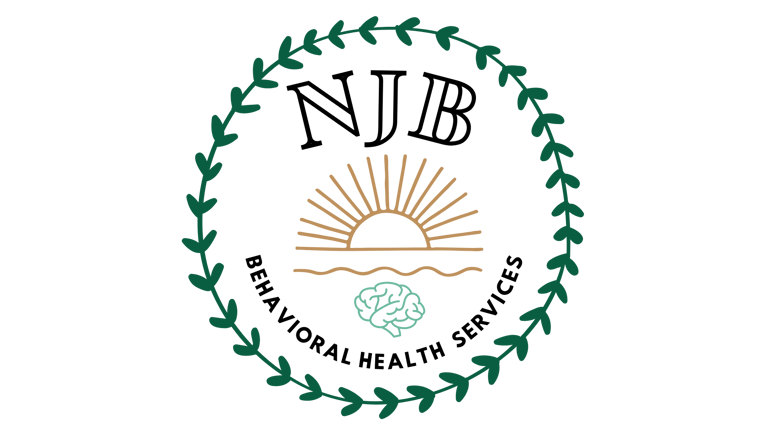Attention deficit hyperactivity disorder (ADHD) is a common neurodevelopmental disorder that affects children and often persists into adulthood. It is characterized by inattention, hyperactivity, and impulsivity. ADHD can have a significant impact on a person's daily functioning and quality of life.
Individuals with ADHD may have difficulty focusing on tasks, organizing their thoughts, and staying on top of responsibilities. They may also struggle with regulating their emotions and impulses, leading to impulsive decision-making and challenges in social relationships. In children, ADHD can impact academic performance, behavior in school, and interactions with peers.
There are three subtypes of ADHD: predominantly inattentive presentation, predominantly hyperactive-impulsive presentation, and combined presentation. Each subtype presents with its own set of symptoms and challenges, but all share the core features of inattention, hyperactivity, and impulsivity.
Treatment for ADHD typically involves a combination of medication, therapy, and behavioral interventions. Stimulant medications such as methylphenidate and amphetamines are commonly used to help improve focus and reduce hyperactivity. Therapy, such as cognitive-behavioral therapy, can help individuals learn coping strategies and improve their executive functioning skills.
It is important for individuals with ADHD to have a strong support system in place, including teachers, parents, and mental health professionals. With the right interventions and support, individuals with ADHD can learn to manage their symptoms effectively and lead fulfilling lives.
Overall, ADHD is a complex disorder that requires a comprehensive approach to treatment. By addressing the core symptoms of inattention, hyperactivity, and impulsivity, individuals with ADHD can learn to thrive and reach their full potential.
ADHD
ADHD treatment has evolved significantly in recent years, with a multitude of options available for individuals diagnosed with the disorder. Medication remains a common choice for managing symptoms, with stimulant medications such as Adderall and Ritalin frequently prescribed. Therapy, including behavioral therapy and cognitive-behavioral therapy, can also be effective in helping individuals develop coping strategies and improve their overall functioning.
Furthermore, lifestyle changes such as regular exercise, a healthy diet, and adequate sleep can play a crucial role in managing ADHD symptoms. Additionally, alternative treatments like neurofeedback, acupuncture, and mindfulness meditation have gained popularity as complementary approaches to traditional ADHD treatment.
It is important for individuals with ADHD to work closely with healthcare professionals to determine the most effective treatment plan for their specific needs. By taking a comprehensive approach that includes medication, therapy, lifestyle changes, and possibly alternative treatments, individuals with ADHD can effectively manage their symptoms and lead fulfilling lives.
ADHD treatment is multifaceted, encompassing a range of options that can be tailored to meet the unique needs of each individual. By exploring various treatment modalities and working with healthcare providers to develop a comprehensive plan, individuals with ADHD can effectively manage their symptoms and improve their overall quality of life.
